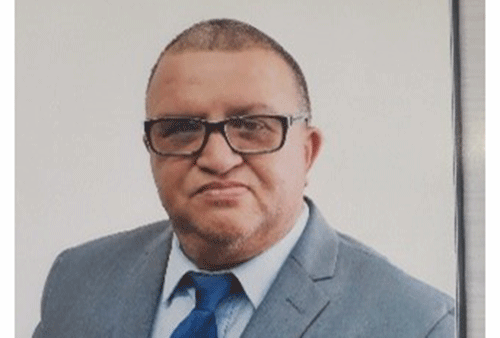A few weeks ago, I was invited to attend the debate on the Namibian constitution.
It was a very inspiring event, particularly the speeches about being an African. The event felt like a revival as there were praises as well as spontaneous singing. As I reflected on it, I cannot but help think about the role of the church at this time.
The Namibian constitution with all its limitations promotes democratic participation and a human rights culture. As a church, we have cherished and struggled to promote these ideals throughout Southern Africa. In keeping with our faith in Jesus Christ, we have upheld our prophetic vigilance in ensuring that they become a reality.
The real challenge now for us in Namibia is to ensure that this constitution which was adopted 32 years ago and which ushers in a democratic order does not first become a piece of paper or something to justify policies of the State or manipulated by politicians in promoting their own interest.
But for the church to respond to these democratic challenges in the sub-continent, calls for critical self-examination both in and outside Namibia. If we want to challenge politicians to be accountable to uphold the values reflected in this and other constitutions, we must demonstrate the true meaning of democracy: That as Christians we have to “Act justly, to love mercy and to walk humbly with our God.” (Micah 6:8)
Our role will only begin to have an impact once commitment demonstrates our faithfulness to the gospel, accompanied by actions that promote justice at every level of our life. For example, there are serious racial divisions in churches.
Recently, I challenged a church to invite a minister who is not coloured and the response was not encouraging. I believe as a church, we must put our house in order, the challenge is to educate the divisions that still exist amongst us. The other challenge we face is to be open to the power of the Holy Spirit. One aspect of this is to confess our sins to one another.
In many churches, there is a serious lack of open democratic participation. As church leaders and pastors, we stifle public debate in our churches. For example, in many of our churches, young people do not have much say on critical issues facing the local church. Women’s roles are undermined and few opportunities exist for them to assume creative leadership in our churches.
It is in this context that we should seek God’s forgiveness, because where the Spirit of God works, there is openness, honesty and a vision to share God’s gifts amongst each one of us. May God help each one of us to respond to challenges of this democratic order, which demands faithfulness to imperatives of the gospel. We are commissioned again to be agents, bearers and channels of the love of God’s truth, justice and goodness. The question is: Can I, can we, meet the challenge? Or will we be left behind?


